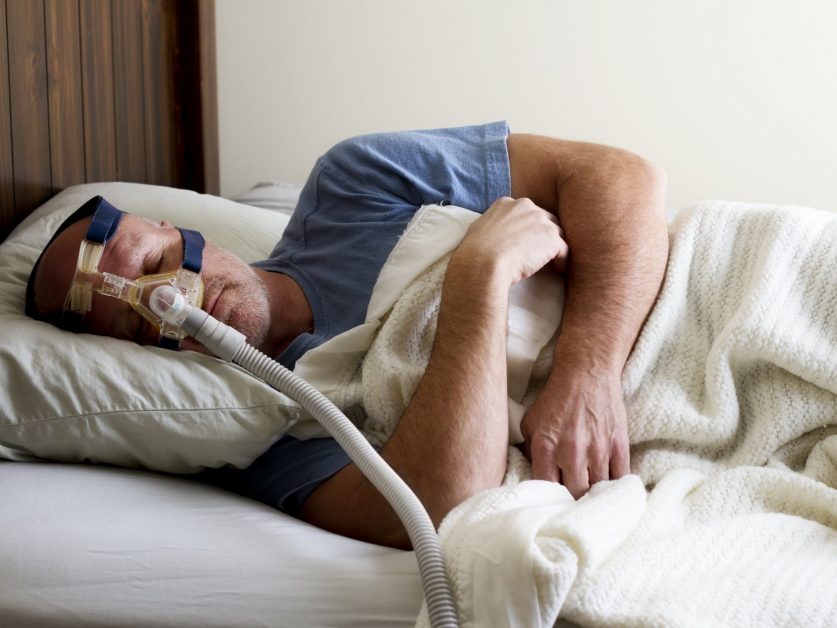A person with sleep apnea, also known as sleep apnoea. You may experience breathing pauses or bouts of shallow breathing while asleep. Every gap might be anywhere from a few seconds to a few minutes, frequently occurring during the evening. This comes after a lot of snoring in its most typical form. As breathing starts up again, there might also be a choking or snorting sound. As a result, regular sleep patterns are disturbed, which may lead people affected to feel sleepy or exhausted during the day. It will result in hyperactivity or behavioral issues in youngsters during class. Consult
sleep apnea dentists to get rid of snorting problems.
What are the types of sleep apnea?
Obstructive sleep apnea (OSA), in which patients may experience obstructed breathing due to an obstruction of airflow. Central sleep apnea (CSA), in which regular unconscious breath simply pauses, or a combination of the two, is another form of sleep apnea.
The most prevalent type is obstructive (OSA). Obesity, a history of the condition, allergies, a small airway for breathing, and swollen tonsils are risk factors for OSA. Some apnea sufferers are not aware they have the illness. In many circumstances, a loved one will notice it first. An overnight sleep study is typically used to diagnose apnea. According to sleep apnea dentists near me, some close will have to evaluate a minimum of five apneic episodes per hour for an apnea diagnosis.
What are the possible sleep apnea treatments?
Generally, sleep apnea doctors recommend Surgery, mouthpieces, dietary modifications, and breathing apparatus as treatments. You can also buy medicine online. Additionally, lifestyle modifications include losing weight, quitting smoking, sleeping on one's side, and avoiding alcohol.
A CPAP machine is one of the breathing apparatuses. If left untreated, apnea increases the risk of heart attack, stroke, diabetes, coronary failure, irregular heartbeat, obesity, and motor accidents.
According to
sleep apnea specialists near me, one to six adults and a few children suffer from OSA. While it can affect anyone at any age, it often affects persons between 55 and 60.
What Are The Sign and Symptoms?
Patients with sleep apnea may experience excessive daytime sleepiness (EDS), decreased alertness, and vision issues. If you ignore this disorder timely, people are more likely to develop other health issues, such as diabetes. Moreover, untreated OSA might cause death due to the body's lack of oxygen.
The alteration of the daily mental state may also have behavioral implications. These include irritability, hostility, and a loss of focus and energy. Depression may develop if these effects continue to be unabating.
Conclusion:
There is proof that people with moderate or severe apnea are more likely to develop diabetes. There is growing evidence that apnea, especially hepatic disorders, might affect liver function (see steatosis). Finally, some people either are unaware of their apnea or disregard the symptoms entirely because numerous variables could lead to some of the dangers already described.


